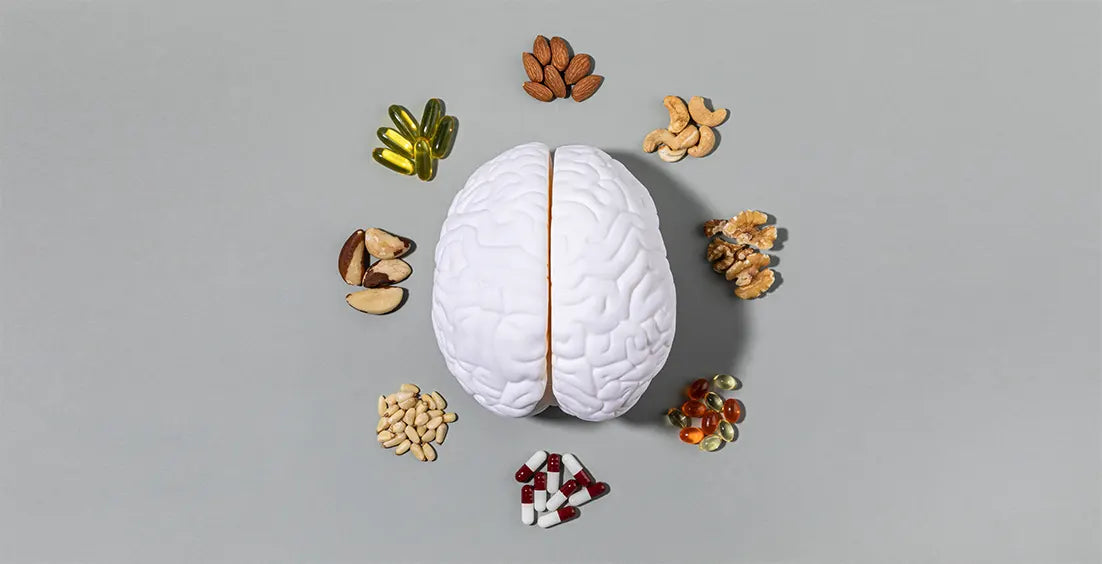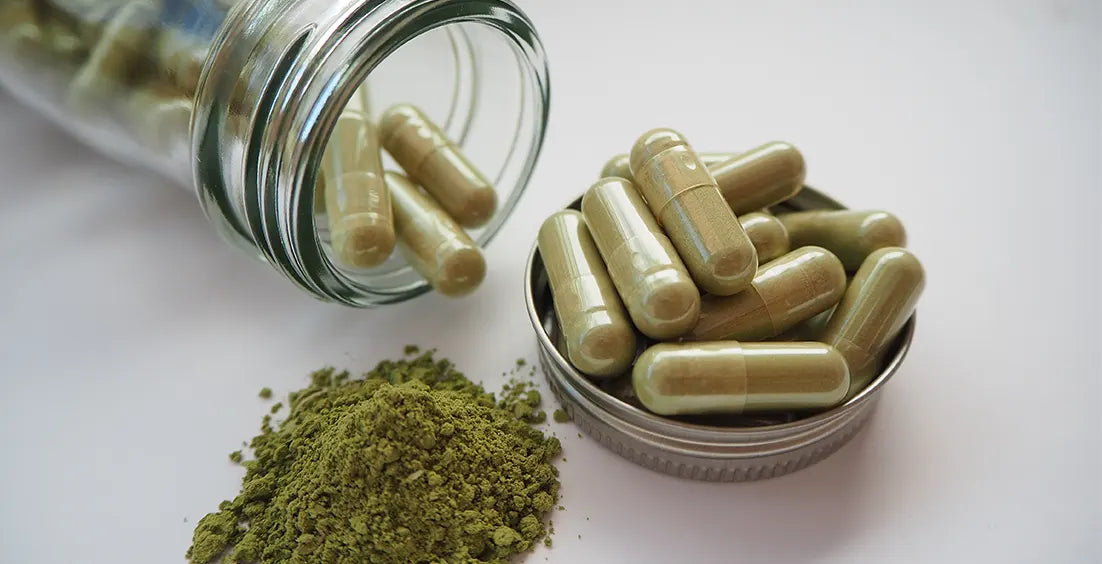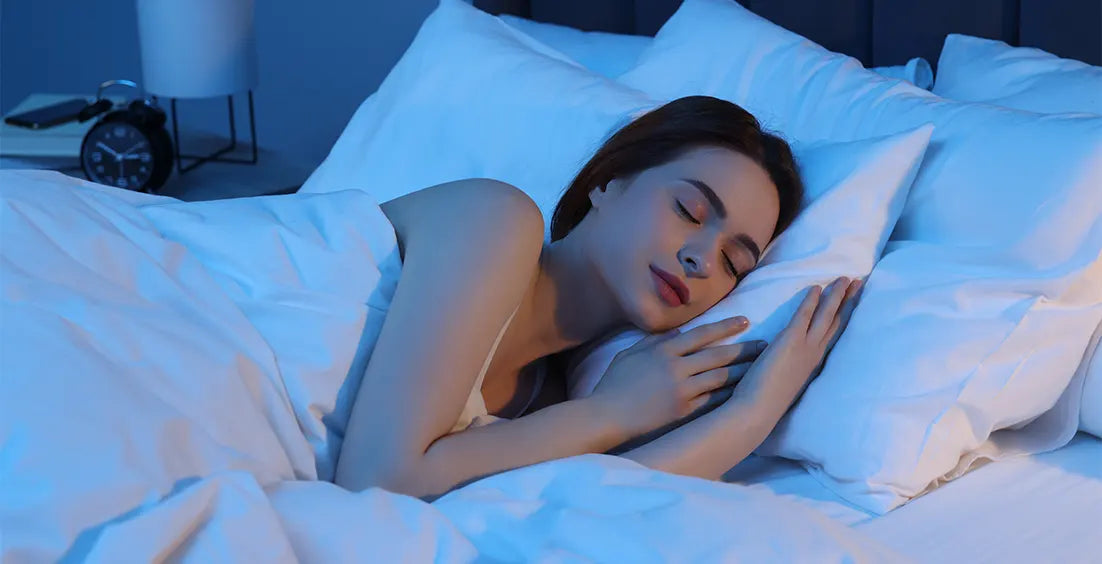Does Ashwagandha Help You Sleep?
Discover how ashwagandha aids sleep naturally. Explore studies, user testimonials, and precautions for optimal rest with this herbal remedy.

Popular Stories
- Resveratrol vs Grape Seed Extract: Explained in Simple Terms
- Ginseng and for Brain Health
- Retinol Skin Care Benefits: All You Need to Know
- The 8 Best Vitamins & Supplements For Boosting Metabolism (Naturally)
- Can You Take Magnesium Glycinate and Melatonin for Sleep?
- Can You Take Ginseng and Ginkgo Biloba Together?
References
- Efficacy and Safety of Ashwagandha (Withania Somnifera) Root Extract in Insomnia and Anxiety: A Double-blind, Randomized, Placebo-controlled Study https://www.ncbi.nlm.nih.gov/pmc/articles/PMC6827862/
- Clinical Evaluation of the Pharmacological Impact of Ashwagandha Root Extract on Sleep in Healthy Volunteers and Insomnia Patients: A Double-Blind, Randomized, Parallel-Group, Placebo-Controlled Study https://pubmed.ncbi.nlm.nih.gov/32818573/
- Effect of Ashwagandha (Withania somnifera) extract on sleep: A systematic review and meta-analysis https://www.researchgate.net/publication/354826651_Effect_of_Ashwagandha_Withania_somnifera_extract_on_sleep_A_systematic_review_and_meta-analysis
- Everything You Need to Know About Ashwagandha and Sleep https://sleepopolis.com/education/ashwagandha-and-sleep/


 Skin Detoxification Bundle
Skin Detoxification Bundle Complete Weight Loss Bundle
Complete Weight Loss Bundle Heart Care Bundle
Heart Care Bundle Better Immunity Bundle
Better Immunity Bundle  Men's Immunity & Prostate Health Bundle
Men's Immunity & Prostate Health Bundle Stress + Energy + Wellness Combo
Stress + Energy + Wellness Combo  Energy Booster Combo
Energy Booster Combo Natural Skin Care Bundle
Natural Skin Care Bundle Workout Supplements Combo
Workout Supplements Combo Cognitive Health & Vision Combo
Cognitive Health & Vision Combo Joint Health Support Combo
Joint Health Support Combo



































